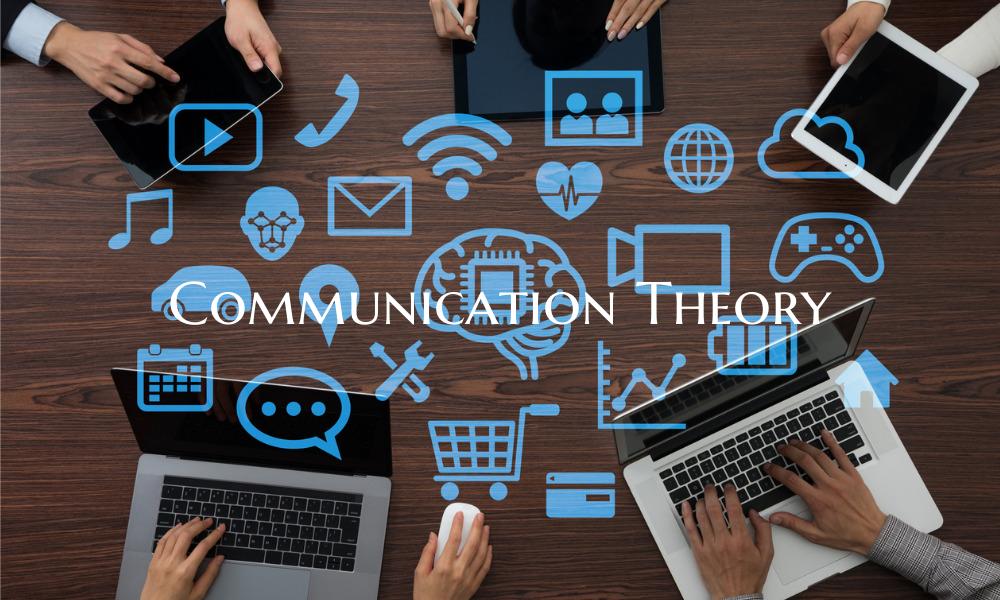Communication Theory
Communication Theory is a multidisciplinary field of study that explores how information is transmitted, received, and understood between individuals or groups. It encompasses various aspects of human communication, including verbal and nonverbal cues, language, culture, technology, and social norms.
One of the key components of communication theory is understanding the process of encoding and decoding messages. Encoding involves formulating a message through language or other means before transmitting it, while decoding refers to the process of interpreting and making sense of the received message. This exchange is influenced by various factors such as the sender's and receiver's backgrounds, beliefs, and perceptions, which can impact the effectiveness of communication.
Different communication theories provide frameworks for examining and understanding communication processes in different contexts. For example, the transmission model of communication focuses on the linear process of sending messages from a sender to a receiver, while the interactive model emphasizes the importance of feedback and the dynamic nature of communication.
Another significant aspect of communication theory is the role of technology in shaping how we communicate. The advent of digital communication tools such as social media, email, and instant messaging has transformed the way we connect with others, leading to new forms of interaction and challenges in maintaining meaningful relationships.
Overall, communication theory serves as a valuable tool for analyzing and improving communication strategies in diverse settings, including interpersonal relationships, organizations, media, and public discourse. By studying the underlying principles and processes of communication, practitioners can enhance their ability to convey messages effectively, resolve conflicts, and foster understanding among individuals and groups.

